Beekeeping experts from the National Apiculture Research, Training and Development Institute (NARTDI) were tapped to train Agricultural Extension Workers (AEWs) at the Agricultural Training Institute (ATI) Region 1, San Fabian, Pangasinan on April 22 to 26, 2024.
Beekeeping, also known as apiculture, has gained significant attention recently due to its crucial role in pollination, biodiversity conservation, and honey production. Recognizing its potential contribution to agricultural sustainability and rural livelihoods, ATI Region 1 initiated this training and capacitated 25 AEWs. They will serve as frontline agents in disseminating agricultural technologies and practices to farmers across the region.
The five-day training program provided a holistic learning experience, covering various aspects of beekeeping, from basic principles to advanced techniques. Participants were immersed in theoretical knowledge and hands-on practical sessions facilitated by seasoned experts from NARTDI. Topics included honeybee biology, Beekeeping tools and equipment, bee nutrition and bee pasture development, colony/hive management, pest and disease control, and queen rearing.
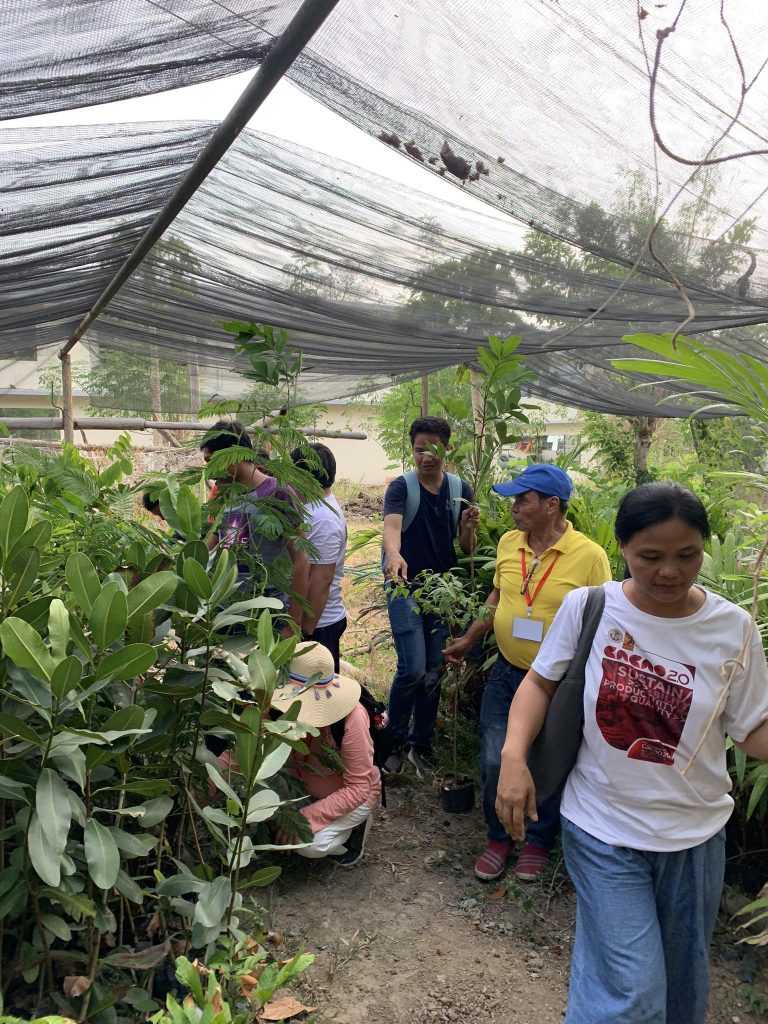
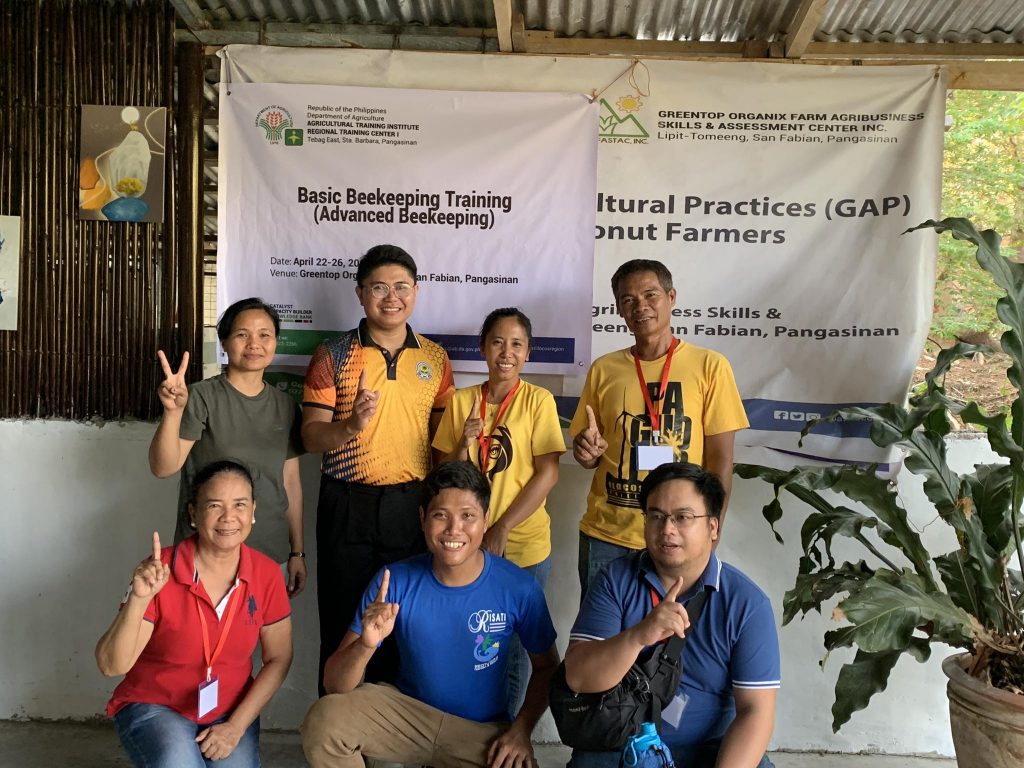
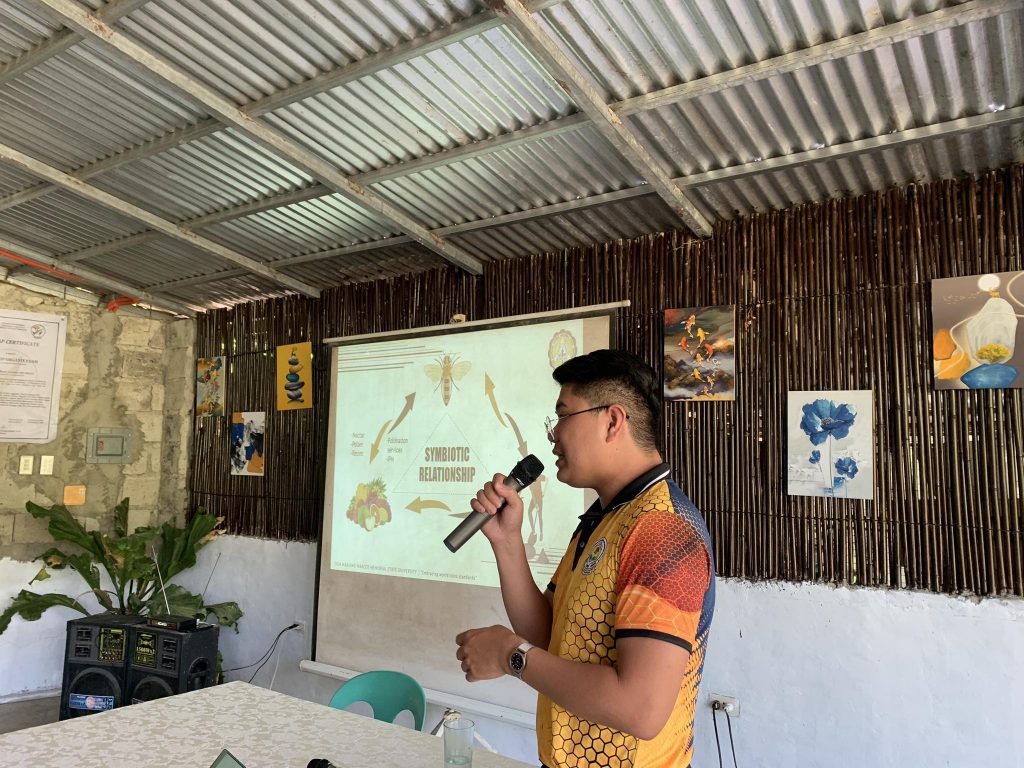
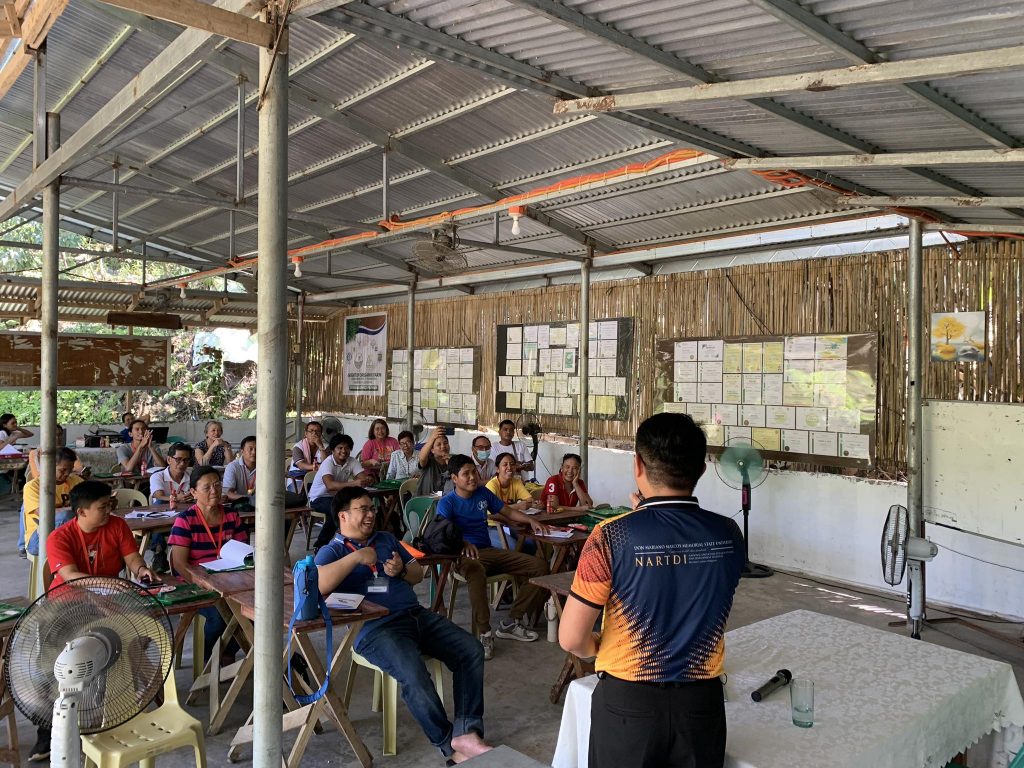
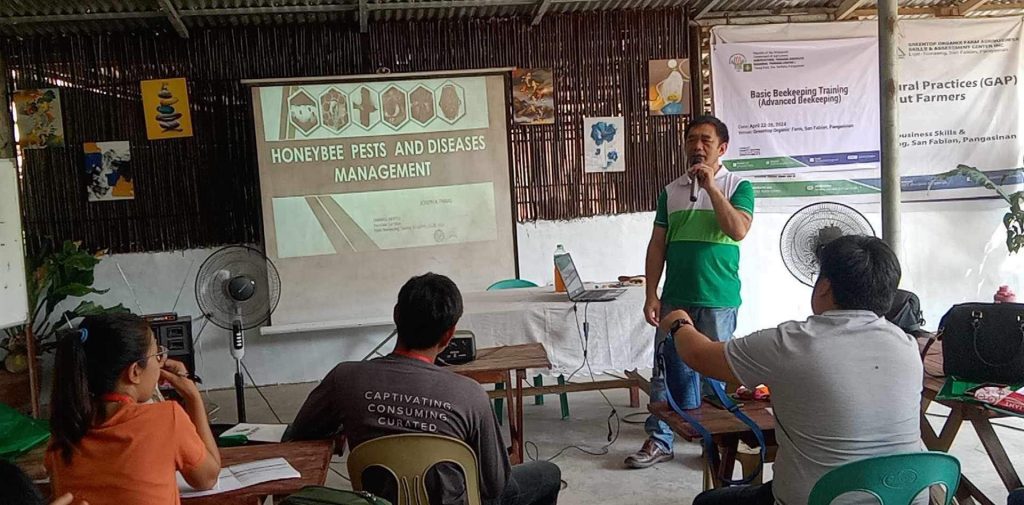
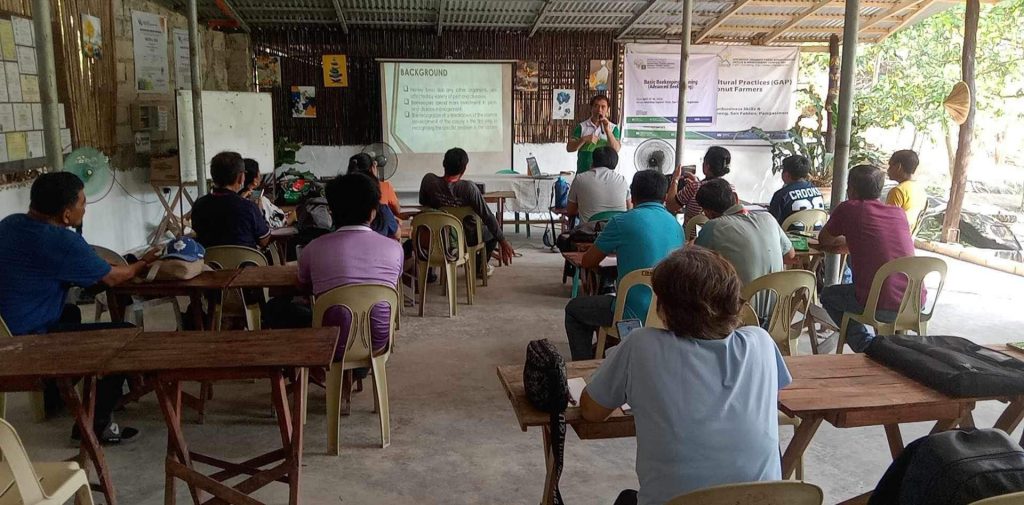
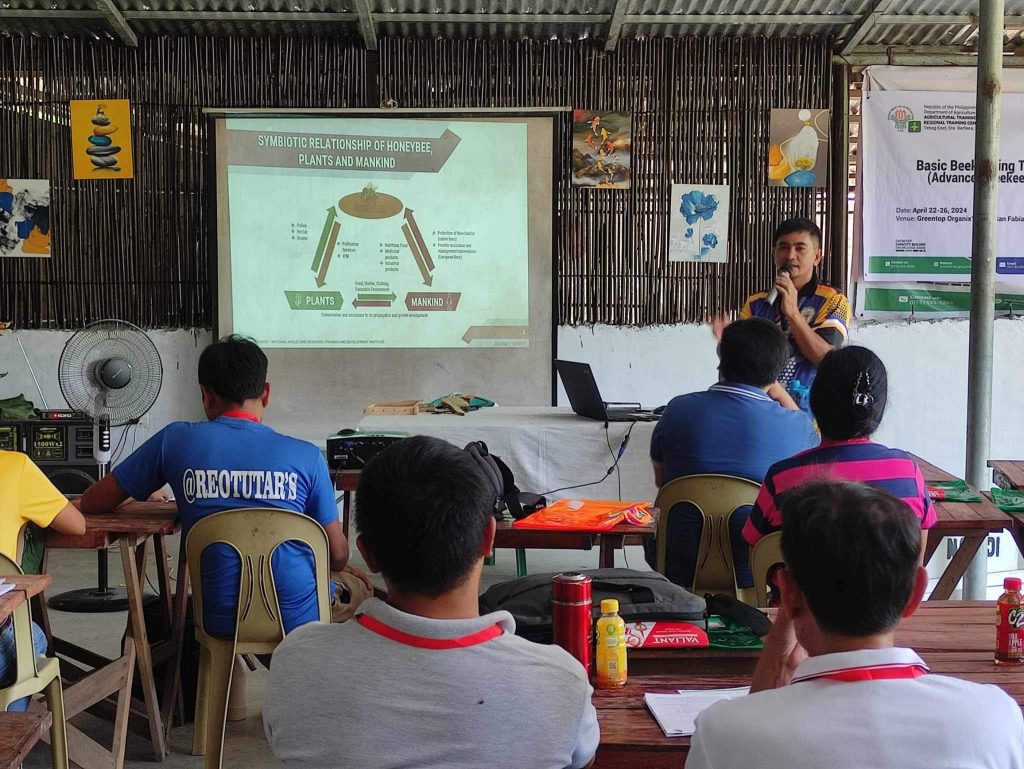
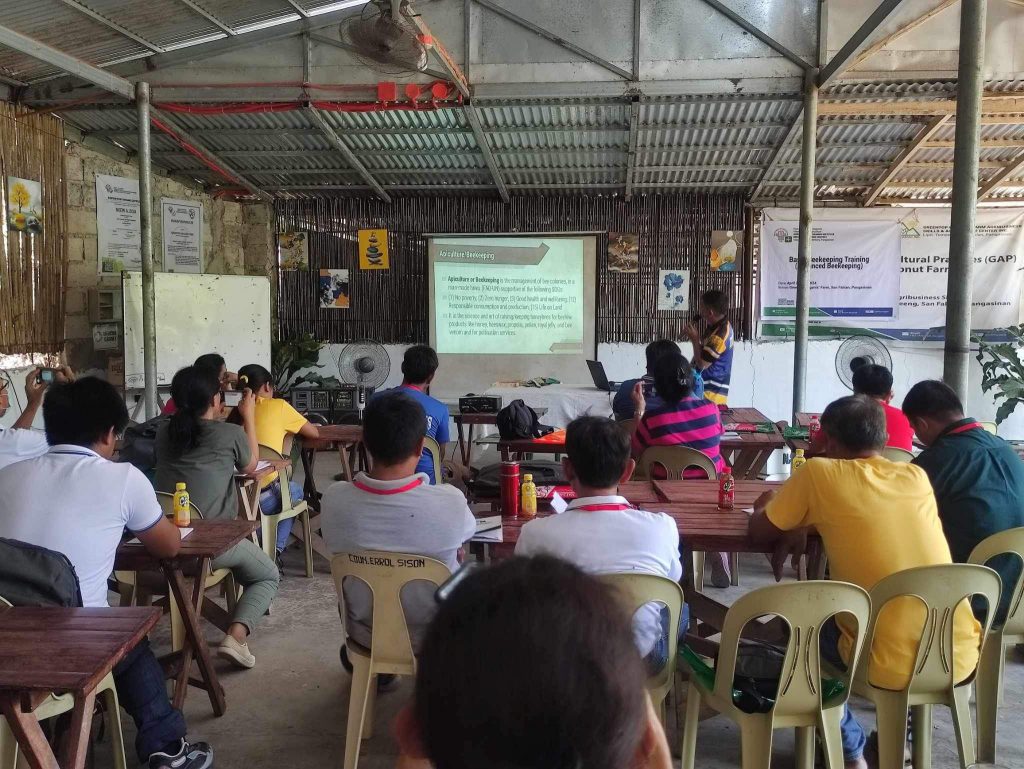
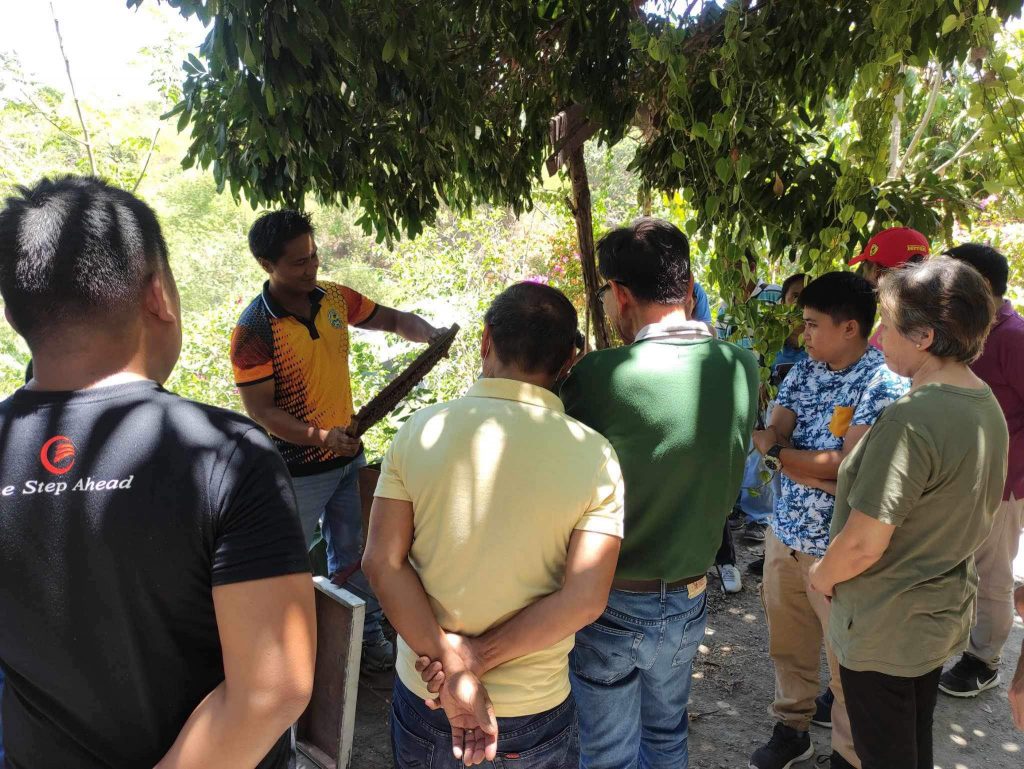
Moreover, the training underscored the socio-economic benefits of beekeeping, particularly its potential to generate additional income for farmers and rural communities. By diversifying agricultural activities and creating alternative sources of livelihood, beekeeping can contribute to poverty alleviation and rural development, fostering inclusive growth and resilience in the face of economic challenges.
Throughout the training, participants engaged in interactive discussions, practical demonstrations, and field visits to some local beekeeping sites particularly in Bacnotan, La Union, allowing them to gain firsthand experience and insights into the realities of beekeeping practices.
As the training concluded, participants expressed their appreciation for the valuable insights and skills acquired during the training. Many emphasized the relevance of beekeeping in enhancing their extension work and promoting sustainable agriculture in their respective communities. Armed with newfound knowledge and confidence, AEWs returned to their posts with a renewed sense of purpose and commitment to promoting beekeeping as a viable and sustainable agricultural enterprise.
By equipping AEWs with the necessary tools and knowledge, the training enhances their professional capacities and contributes to the overall resilience and sustainability of agriculture in the region. (By Arvin C. Tuyan)
